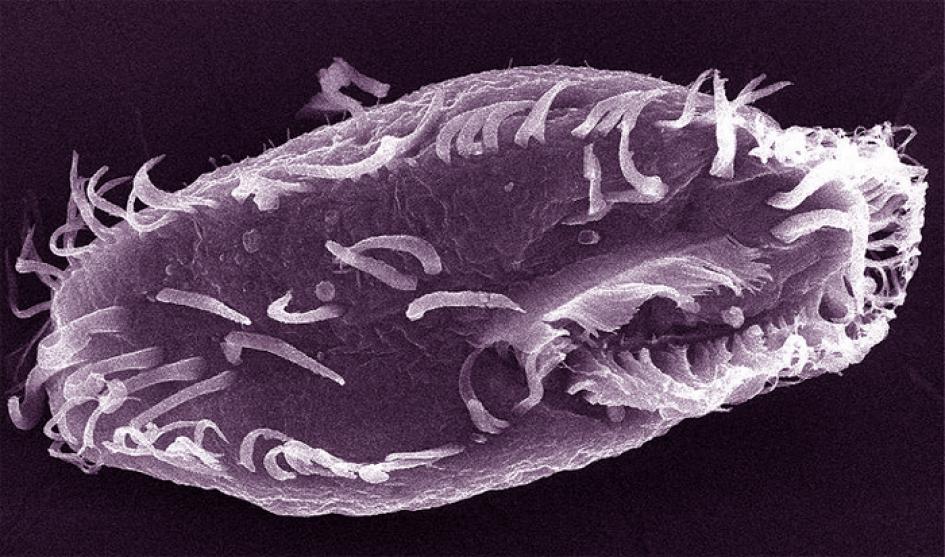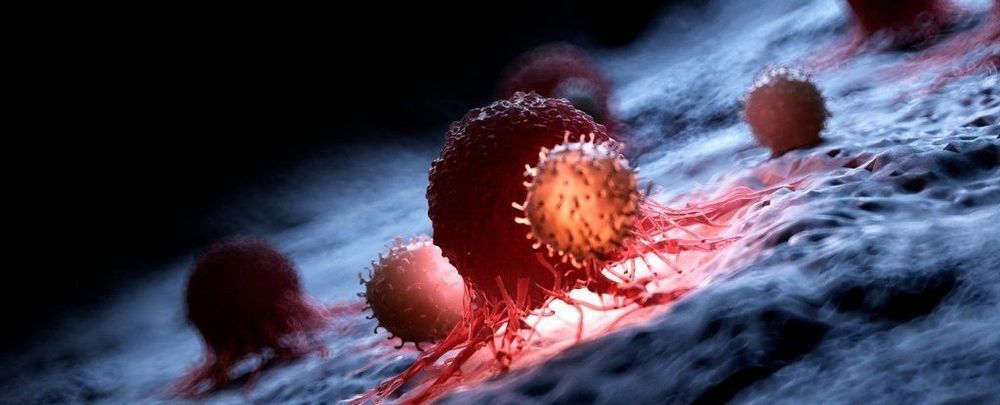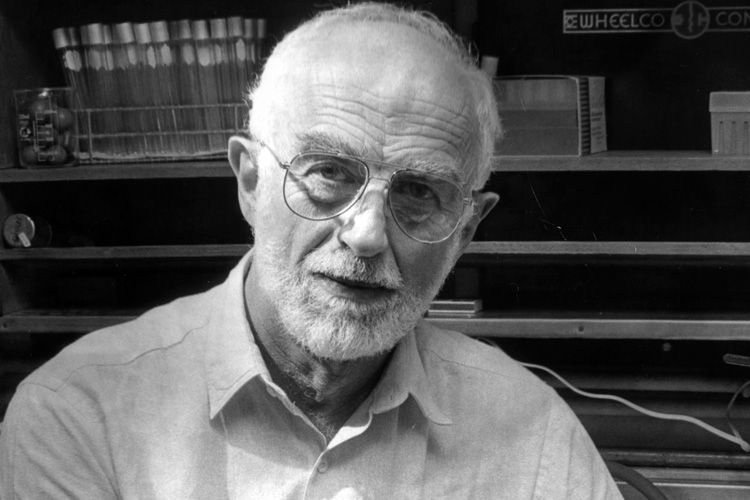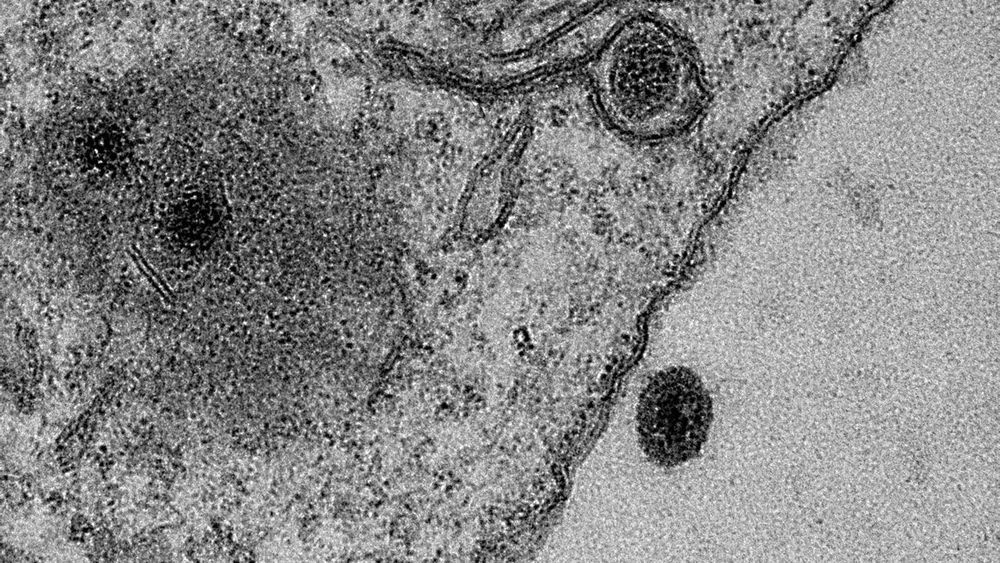O.o probs alien o.o circa 2013.
Remember when encyclopaedias were books, and not just websites? You’d have a shelf full of information, packaged into entries, and then into separate volumes. Your genome is organised in a similar way. Your DNA is packaged into large volumes called chromosomes. There are 23 pairs of them, each of which contains a long string of genes. And just as encyclopaedia books are bound in sturdy covers to prevent the pages within from fraying, so too are your chromosomes capped by protective structures called telomeres.
That’s basically how it works in any animal or plant or fungus. The number of chromosomes might vary a lot—fruit flies have 8 while dogs have 78—but the basic organisation is the same.
But there’s a pond-dwelling creature called Oxytricha trifallax whose DNA is organised in a very… different… way. A team of US scientists has sequenced its genome for the first time and discovered genetic chaos. It’s like someone has taken the encyclopaedias, ripped out all the individual pages, torn some of them, photocopied everything dozens of times, and stuffed the whole lot in a gigantic messy drawer.







